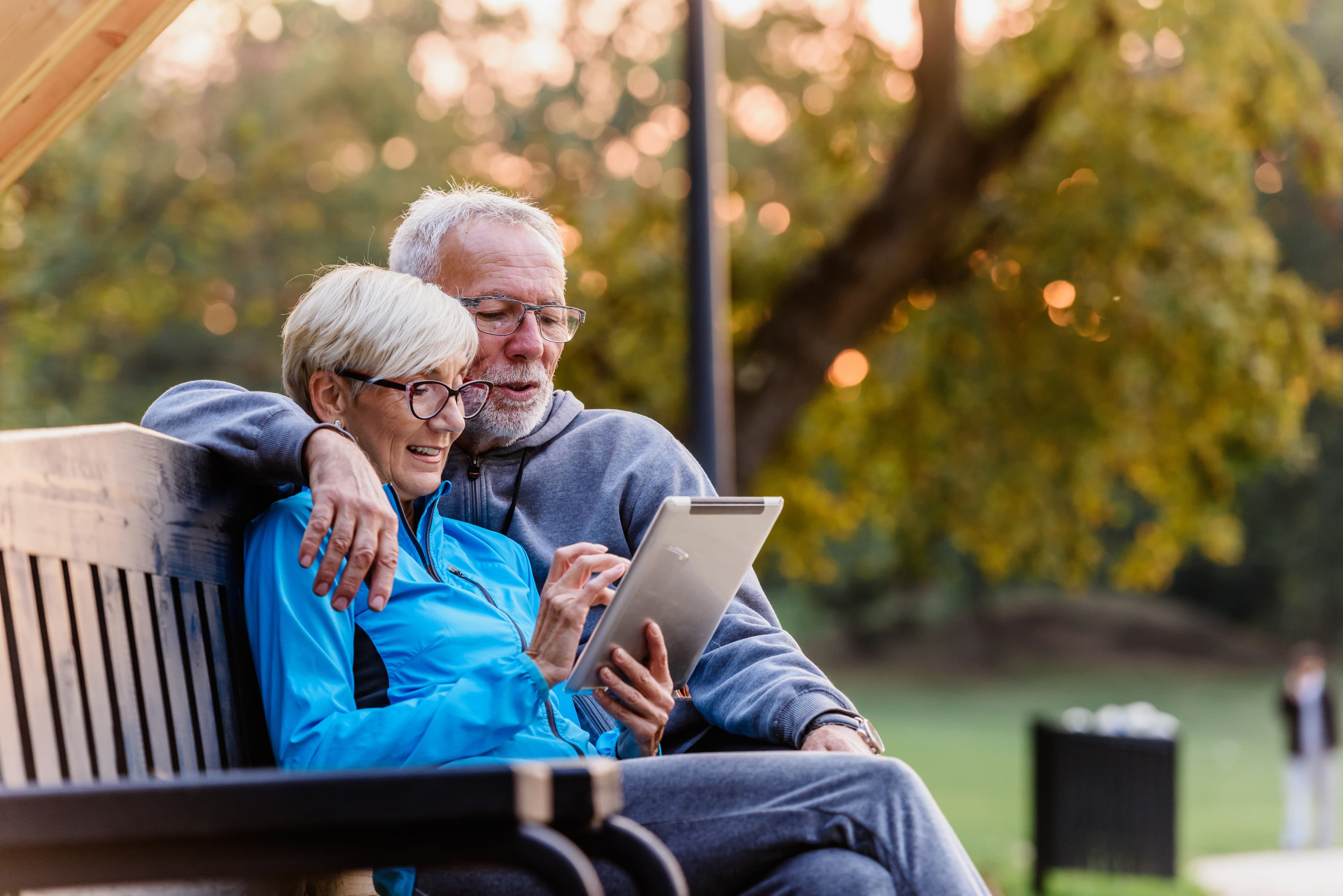Wondering how to make friends when you are older? Many of your peers can relate. A 2019 study conducted by OnePoll in partnership with Evite found that 45% of adults consider it difficult to make new friends.
If you’re 60 or older, maintaining friendships can be even more challenging. The ongoing pandemic makes it potentially dangerous to interact with others and health factors like poor vision, arthritis, or incontinence can make it difficult to drive, stay active, or get out and about.
Even though obstacles exist, staying socially active is critical to your well-being. Various studies have found a link between loneliness and poor health outcomes, including:
Thankfully, there are ways to stay socially engaged no matter your age or health status. Whether you are relatively independent or require regular care, it’s possible to build a community and access the human-to-human interaction you crave.
How to make and sustain friendships while social distancing
Mass vaccination efforts are underway, but some experts predict the country won’t reach herd immunity—the point at which COVID-19 will no longer be able to spread easily—until sometime in 2022.
If you’re immunocompromised or have an underlying medical condition that increases your risk of severe complications, it’s important to limit your interactions with others. Even so, there are plenty of ways to connect and remain socially active, even if it isn’t in person.
Interact with loved ones on social media. Platforms like Facebook and Instagram make it easy to keep tabs on friends and family. You can share photos or videos, leave comments, and even play games. For more personal conversations, use the chat function or send private messages like you would an email or traditional letter. If you prefer face-to-face interactions, schedule a video call using a platform like Facetime, Skype, or Zoom. These programs can be accessed on almost any device and require little set up or technical knowledge.
Host a virtual movie night. Do you miss going to the movies? Bring the theater home with. This new digital platform, which features a built-in chat function, makes it possible to watch movies and TV shows with friends or family from the comfort of home. Once you download and install the program, log in to the streaming service of your choice, and select something to watch. After pressing the play button, Teleparty provides a unique link. Share the link with your loved ones and enjoy a stress-free movie night with your favorite people.
Write a letter or send a greeting card. If you’re not a fan of technology, consider interacting with others the old-fashioned way –– via snail mail. If you don’t have a loved one you can write to, get a pen pal. To combat isolation and loneliness caused by the pandemic, many senior living facilities and group homes have started letter-writing programs to keep residents engaged. There are even letter-writing communities where you can connect with others who have similar interests.
How caregivers can help loved ones make friends and new connections
Friendships are just as important for seniors who require regular care. Though neurodegenerative conditions and disabilities like poor hearing or vision can make communication challenging, it isn’t impossible.
Social interaction can do wonders for your loved one, slowing the progression of disease and improving their self-esteem. For individuals with dementia or Alzheimer’s that can result in better sleep, a heartier appetite, and improved quality of life.
There are several ways to help your senior stay socially engaged, including:
Enroll them in a craft course. Many community organizations and senior centers offer arts and crafts programs for those living with disabilities. Activities like drawing or painting can improve motor and cognitive skills while alleviating stress, anxiety, and pent-up energy. These courses also make it easy for your loved one to enjoy the company of others in a safe and controlled environment.
Volunteer together. If your senior is mobile and in relatively good health, consider volunteering together. It’s a great way to give back to the community and meet others who are passionate about a specific cause. Does your loved one enjoy reading? Pitch in at the local library. Are they passionate about animals? Sign up to cuddle and care for cats and dogs at the local shelter. Getting outside the house for a few hours each week breaks up the monotony while providing a sense of purpose and belonging.
Get moving. Exercise is important at any age, but for seniors, it helps boost immune function and lowers the risk of cognitive decline. Many gyms and recreational facilities offer fitness programs specifically designed for people aged 60 and older. A course in water aerobics, tai chi, or yoga can improve circulation, limit inflammation, and promote good cardiovascular health while providing the added benefit of social interaction.
Find a spiritual community. Is your loved one a person of faith? Attending services at a church, synagogue, or mosque can help nurture their spirituality while providing a time to fellowship with others. In addition, many religious institutions host senior-friendly get-togethers, potlucks, and game nights throughout the year.
Whether you’re a senior who’s tired of feeling isolated or a caregiver who wants to improve your loved one’s quality of life, we hope you find these suggestions helpful. Incorporating social activities into your weekly schedule can help you stay engaged, in touch, and healthy. Have fun and don’t be afraid to try new things!



